There’s something a bit uncanny about the way pets can read us.

Before we say a word, before we’ve even realised how we feel, they’ve already clocked it. They tilt their heads, follow us from room to room, or just plop themselves down quietly beside us without needing an invitation. It’s not magic; it’s connection. Years of routine, body language, and unspoken signals have taught them exactly how we tick. And in many ways, they’re more tuned in to us than we are to ourselves. Here are 13 ways your pet might know you better than you think.
They know your real mood, even when you’re faking it.

You might be able to keep it together for everyone else, but your pet knows. They can sense when your tone’s just slightly off or your posture is a bit too rigid. Dogs, in particular, are incredibly skilled at picking up on subtle shifts in facial expressions, voice pitch and movement. You don’t need to cry or shout—they already know something’s not right.
They spot your routines, especially the ones you haven’t noticed.

Pets are creatures of habit, and they’re watching yours closely. They know the sound of your alarm, the pattern of your footsteps, and what you usually do after putting on certain shoes. Before you’ve even realised it’s time for a walk or dinner, they’ve already anticipated it. It’s not just habit—it’s attentiveness.
They recognise your stress triggers.
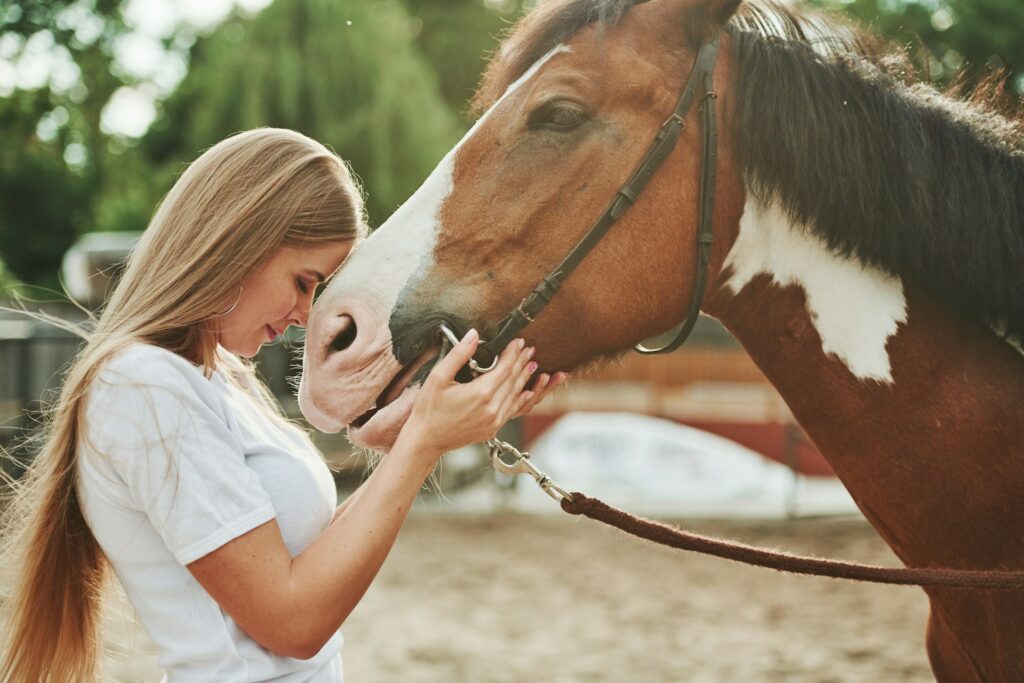
Ever notice your cat hiding under the bed when you get out the hoover? Or your dog hovering when you’re pacing the room on the phone? They learn quickly what stresses you out—whether it’s raised voices, busy mornings, or that one specific ringtone—and they respond in their own way. Sometimes by getting out of the way, other times by sticking closer.
They know when you need company, and when you don’t.
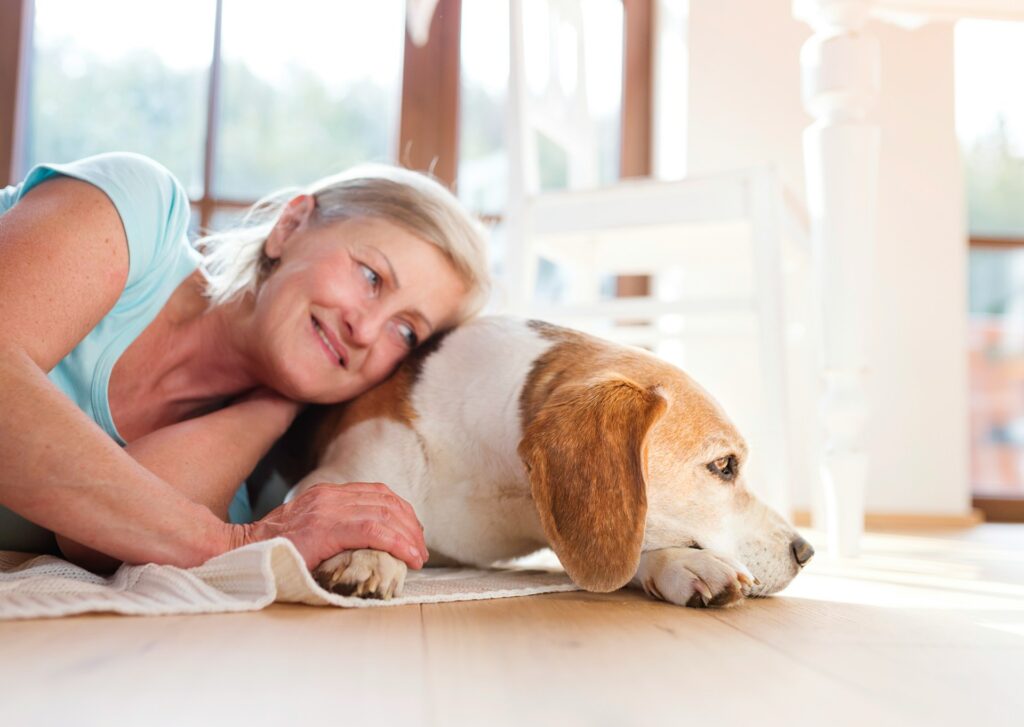
Some days, your pet might insist on curling up right next to you, refusing to leave your side. Other times, they keep their distance. It’s not random. They’re reading your energy, and they’re choosing their presence accordingly. It’s a kind of empathy that doesn’t require conversation.
They notice how you’re moving.
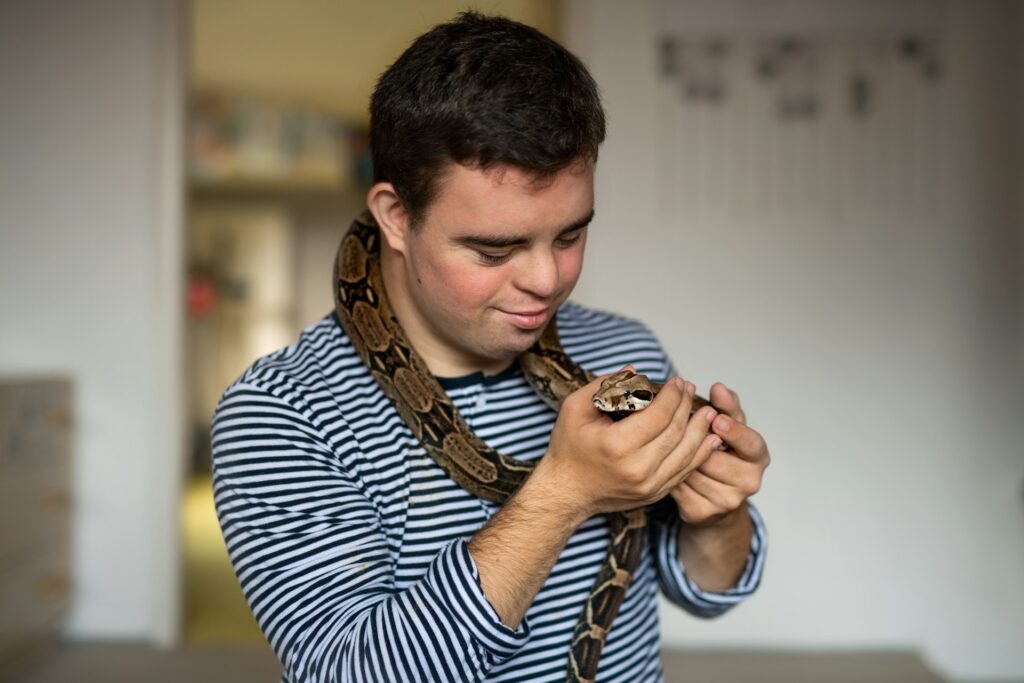
Whether you’re dragging your feet or walking with a bit more purpose, your pet picks up on it. A limp, a slower pace, a sudden burst of energy—they notice all of it. And they adjust, whether that means staying quiet, matching your energy, or getting you to move when you’ve been sitting too long.
They hear things you don’t.

Literally and figuratively. Animals, especially dogs and cats, have incredibly sensitive hearing. But beyond that, they pick up on the emotion behind your voice, even when your words are calm. They know when something’s off, not because of what you said, but because of how you said it.
They pick up on changes in your scent.

This one’s subtle but powerful. Animals have a far keener sense of smell than humans, and they can detect chemical changes in your body linked to stress, fear, illness or even hormonal shifts. Some dogs have even been trained to detect seizures or drops in blood sugar. But even untrained pets can sense something’s different.
They understand the meaning behind your silences.
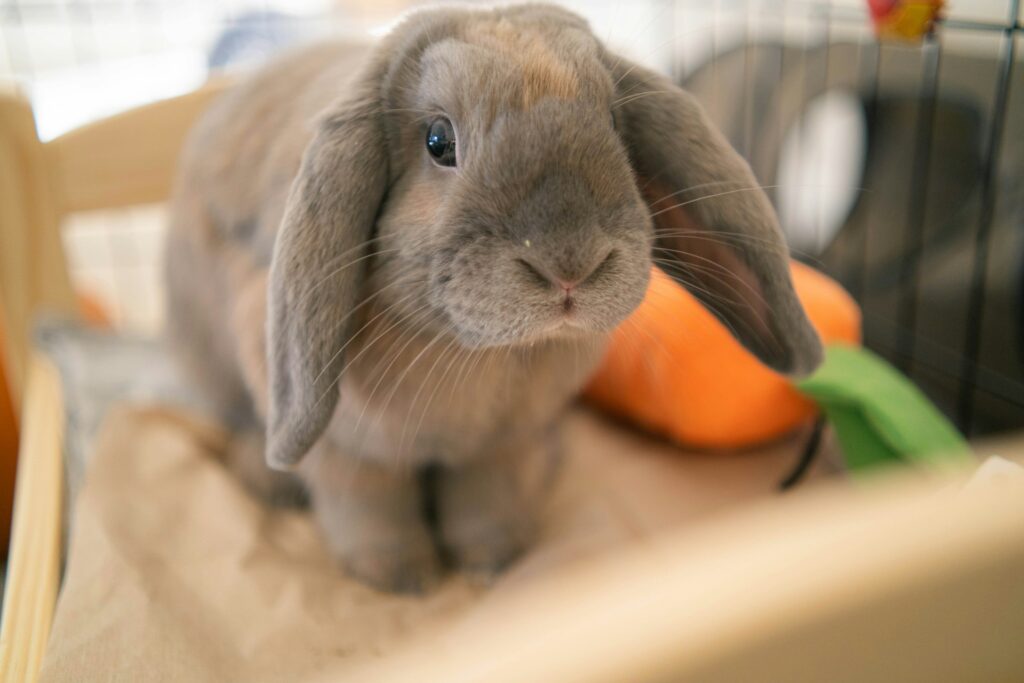
Silence says a lot. If you’re normally chatty and suddenly go quiet, your pet notices. They don’t wait for you to explain—they respond. Maybe by nudging you, maybe by lying close without a fuss. It’s their way of saying, “I’m here,” without needing anything in return.
They know your ‘tell’ when you’re upset.
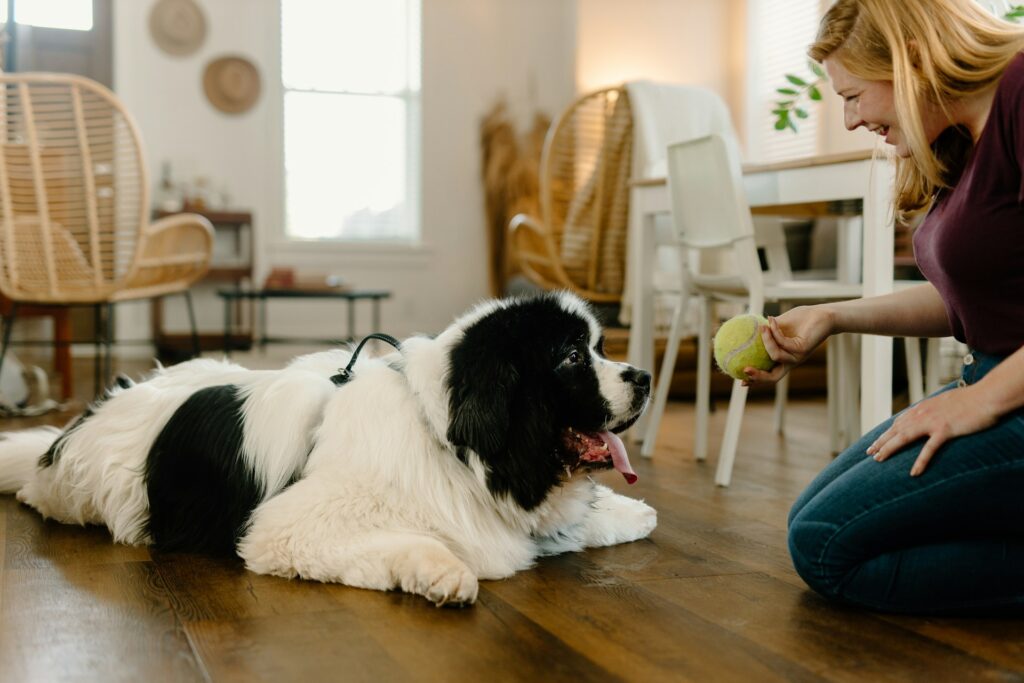
Maybe you tug your sleeves when you’re anxious or exhale sharply when you’re frustrated. You might not even realise you’re doing it—but your pet does. They associate those little cues with your emotions, and often they react before you’ve consciously acknowledged how you feel.
They sense when you’re preparing to leave.
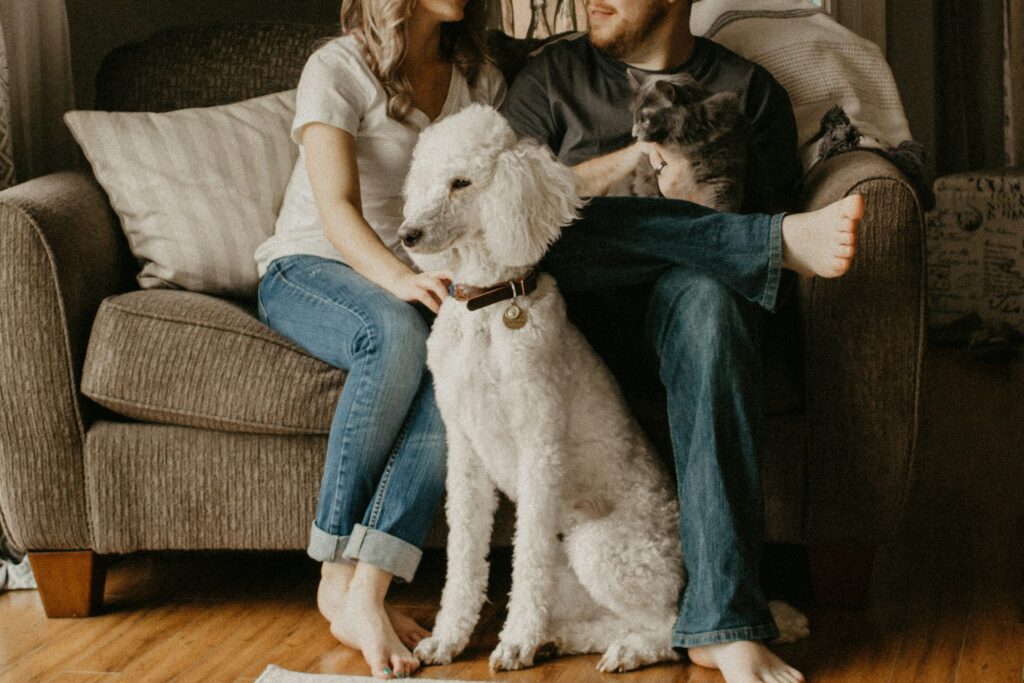
It’s not just the keys jangling. It’s the way you move, the bag you grab, or even the pace of your morning routine. Your pet has learned the difference between you getting up to make tea and you getting ready to head out for hours. And they act accordingly—sometimes sulking, sometimes hopeful, sometimes trying to tag along.
They know when you’re not well.

Whether it’s a cold, a migraine, or something more serious, pets often react to changes in your health. They might become more attentive, more protective, or just quietly stay close. Some people report their pets detecting illnesses long before any diagnosis. Whatever the case, they know when your body is out of sync.
They pick up on tension between people.

Pets can read a room. If you’ve had an argument or the atmosphere’s a bit icy, they often act differently—restless, withdrawn, or overly clingy. They don’t understand the content, but they absolutely sense the vibe.
They recognise what calms you down.

Whether it’s a walk, a lie-down, or just curling up with them on the sofa, your pet notices what brings you back to yourself. They associate your calm state with those actions and often nudge you toward them. It’s why dogs might bring you a lead or cats might climb onto your lap when you’re feeling low. They know what helps.
They’re watching—and they care.

It’s easy to think we’re the ones looking after our pets. Feeding them, walking them, cleaning up after them. But in so many quiet, subtle ways, they’re looking after us too. They don’t need to speak to know when something’s off. They just know. And in a world full of noise, that kind of instinctive, non-verbal care is a rare thing. Sometimes, the one who sees you most clearly is the one who’s never said a word.